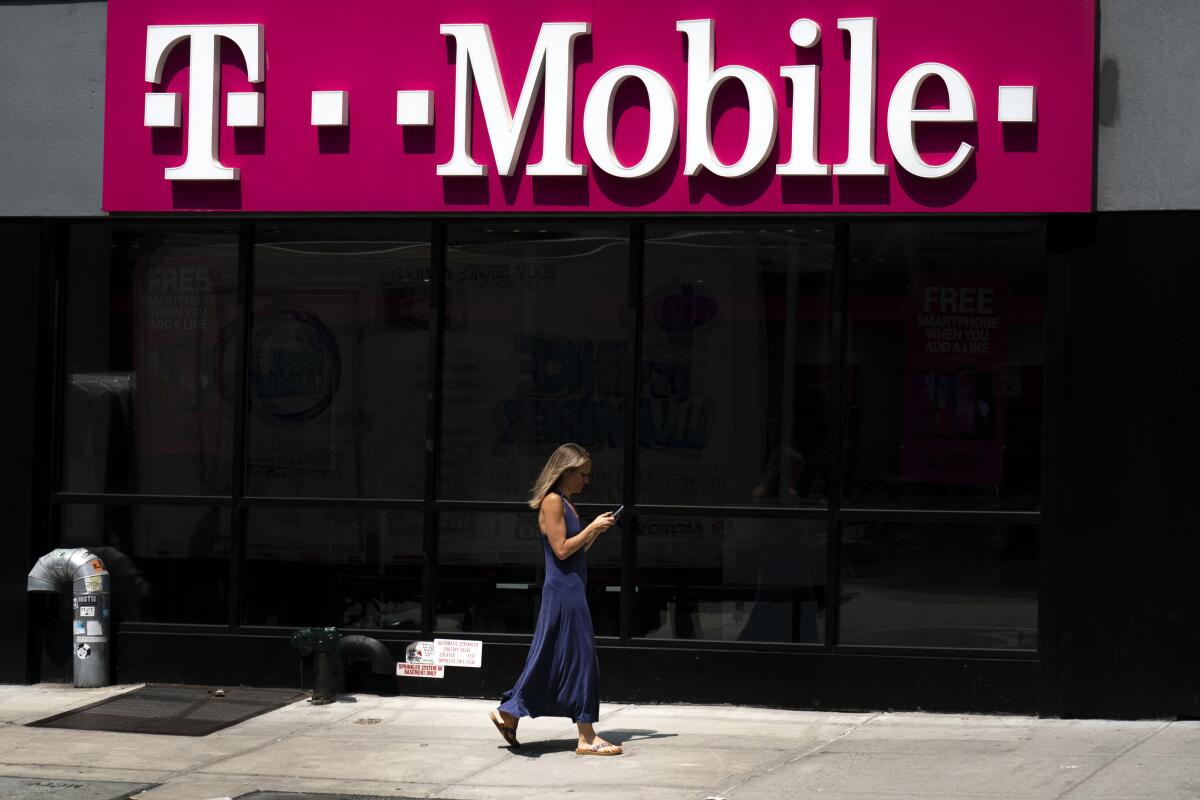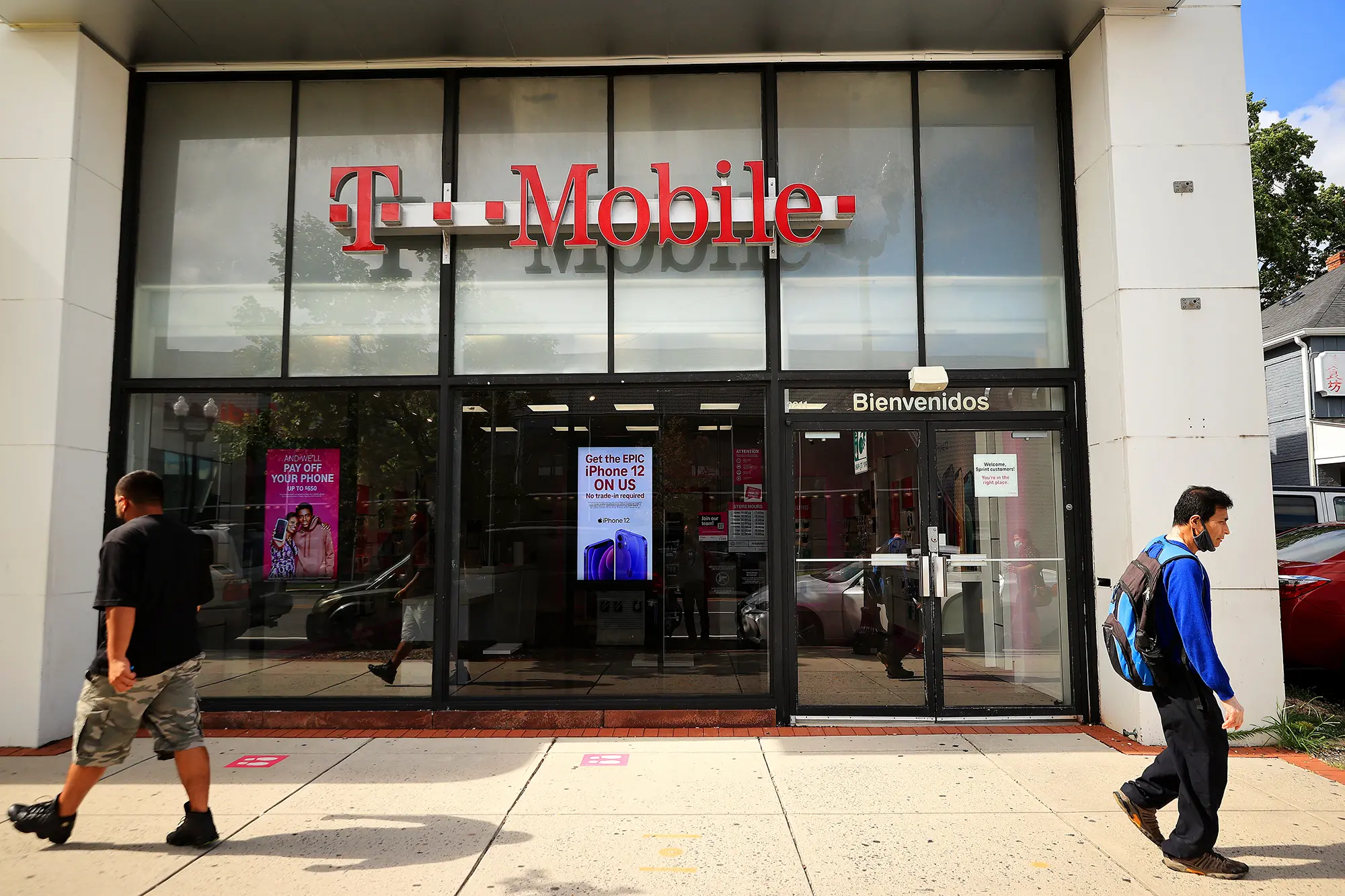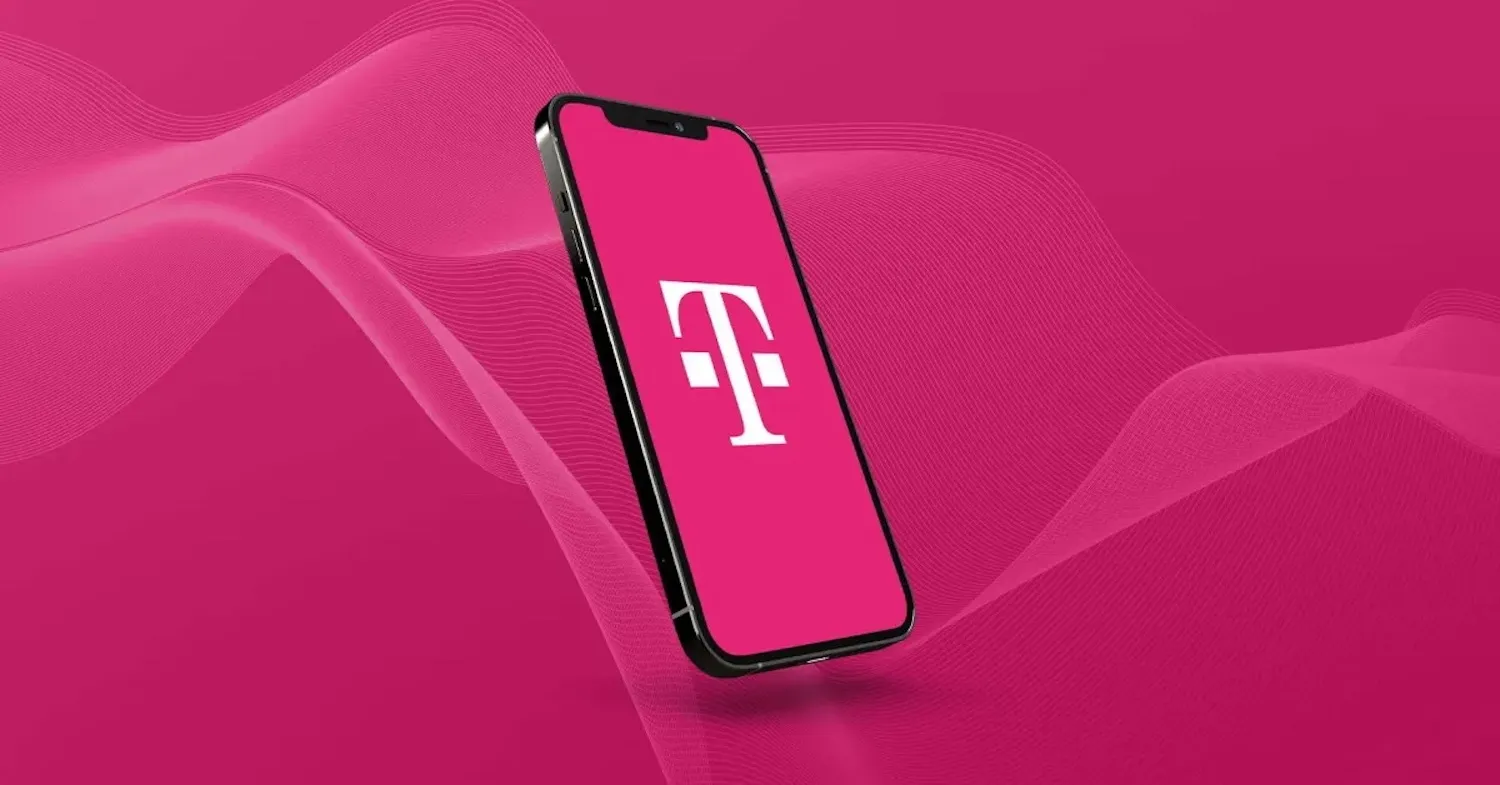In the rapidly evolving landscape of telecommunications and artificial intelligence (AI), T-Mobile finds itself at the heart of a contentious debate. A recent lawsuit has thrust the 5G provider into the spotlight, raising critical questions about the balance between innovation and data security.
This article delves into the allegations, the company’s defense, and the broader implications for the telecom industry.

The Allegations: A Bold Move with Dire Consequences?
At the core of the lawsuit filed against the wireless giant’s board of directors is a startling accusation: the company has been pooling customer data into a central database for AI training, a practice alleged to be the root cause of multiple security breaches. The plaintiff argues that T-Mobile’s approach to AI development, prioritizing model training over data security, has made the company’s systems a prime target for hackers.
This method of centralizing credentials and configurations is criticized as a significant departure from established data security practices.
T-Mobile’s Defense: Speculation or Substantiated Concern?
T-Mobile and Deutsche Telekom (DT), its parent company, have vehemently denied the allegations, dismissing them as speculative and lacking concrete evidence. The defense highlights the absence of any direct evidence linking board directives to the supposed data management practices.
T-Mobile’s rebuttal emphasizes the speculative nature of the plaintiff’s claims, relying on disparate pieces of evidence that the company argues do not substantiate the lawsuit’s accusations.

The Legal and Technical Quandary
The lawsuit shines a light on the complex interplay between AI development and data security within the telecommunications sector. T-Mobile’s alleged use of the R programming language for its AI efforts, despite its limitations in security and data management, raises questions about the trade-offs between technological advancement and cybersecurity.
The complaint details how T-Mobile’s qAPI system, designed to simplify access to multiple databases, inadvertently created a centralized point of failure, potentially exacerbating the company’s vulnerability to cyberattacks. This system’s architecture, according to the lawsuit, facilitated unauthorized access to T-Mobile’s vast data repositories during the breaches that followed the Sprint merger.
Leadership Pro Tip: Avoid Tombstone Planning. As T-Mobile and others have demonstrated recently, the worst time to pay for serious Data Security is *after the hack*. "Great leaders are willing to sacrifice the numbers to save the people." Simon Sinek, Author
image: Bermix Studio pic.twitter.com/pydMTR1lKu— MKTexas (@MKTexas) August 23, 2021
Broader Industry Implications: A Wake-Up Call?
The T-Mobile case is more than a legal dispute; it is a reflection of the ongoing challenges facing the telecom industry as it navigates the frontiers of AI and big data. Companies like AT&T have also embarked on ambitious programs to harness their data for AI-driven innovations, underscoring the industry-wide rush toward digital transformation.
However, as telecom giants and tech startups alike vie for the competitive edge AI promises, the T-Mobile lawsuit serves as a cautionary tale about the potential perils of neglecting data security in the race for innovation. The evolving legal landscape, including recent moves by the FCC to tighten data breach notification rules, further highlights the need for robust cybersecurity measures in the face of growing AI ambitions.

A Delicate Balance in the Age of AI
The controversy surrounding T-Mobile’s AI training model and data security practices is emblematic of the broader dilemmas facing the tech and telecom industries. As AI continues to redefine the parameters of competition and service delivery, companies must navigate the delicate balance between innovation and the imperative to protect customer data.
The outcome of the T-Mobile lawsuit may have far-reaching implications, setting precedents for how telecom companies approach AI development and data management. In an era where data is both a valuable asset and a potential liability, the industry’s future may hinge on its ability to reconcile the demands of technological advancement with the imperatives of cybersecurity.










